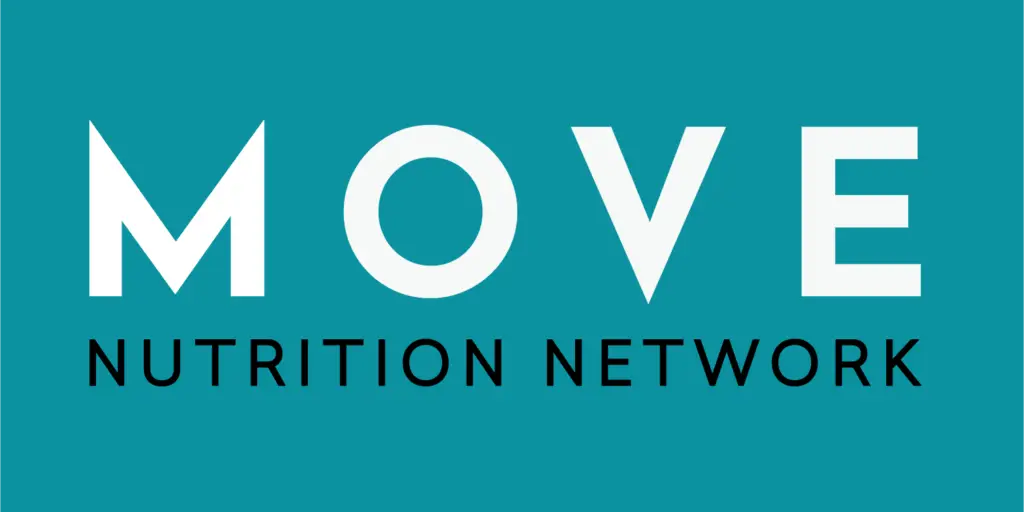
Concussion Discussion
Move Nutrition columnist, Denis Faye, addresses a vital topic for any active individual: concussions. Learn about the dangers, common signs of a concussion, and steps to take if you experience one, including nutritional considerations.
By Denis Faye
The best advice regarding concussions is probably, “Don’t get a concussion.”Note that I didn’t say it was the most helpful advice. It’s just, well, what you should do. That said, research shows that life becomes considerably less fun when limited to “should do” activities.
I’m an avid and occasionally clumsy cyclist. I played high school football. I have been in several car accidents. I rarely turn down a dare. Because of these and several other character flaws, I’ve been concussed more times than I can remember. Now that I think about it, I’d probably be able to remember how many times I’ve been concussed had I been concussed less.
This isn’t an endorsement for traumatic brain injuries. Again, they should be avoided. It’s important to wear a helmet, drive defensively, and avoid really stupid dares—but no matter how you play it, as an active person, you’re probably going to get bopped on the noggin sooner or later.
When it happens, what you do next matters.
What is a concussion?
According to the CDC, a concussion is classified as a “mild” traumatic brain injury (mTBI) caused by a blow or jolt that makes your brain bounce around inside your skull. Even though doctors use “mild” in the description, concussions are still a bad thing as they damage brain cells. They can also cause the blood vessels feeding the brain (the “blood-brain-barrier”) to leak. Concussions can lead to all kinds of neurological issues ranging from epilepsy to depression, but that’s unlikely from a single incident.
The University of Pittsburg School of Medicine Neurological Surgery website claims that there are about 300,000 sports-related concussions in the US annually—and I assume that doesn’t count the thousands of athletes too stubborn to admit they’re not feeling quite right after a blow.
Only a medical professional can determine if you have a concussion, but there are some fairly obvious signs. Queen’s University in Belfast, UK released a paper called Sports-related concussion (SRC) in road cycling: the RoadsIde heaD Injury assEssment (RIDE) for elite road cycling that offers a solid evaluation technique. Although it’s meant for cycling, it applies to many situations.
First and foremost, the paper recommends determining if a concussion is a possibility, as opposed to a certainty. In other words, if you’re not sure, assume it’s a concussion. The assessment’s warning signs include:
- Convulsion
- Tonic posturing (arched back)
- Suspected loss of consciousness
- Confirmed loss of consciousness
- Clearly dazed
- Ataxia (lack of coordination)
- Oculomotor signs (seeing double, droopy eyelids, etc.)
- Fails orientation questions (name, year, location)
- Definite confusion
- Definite behavior change
You might feel just fine after an incident, but it’s important to keep an eye on things because symptoms might show up later. According to the American Association of Neurological Surgeons, these include:
- Confusion
- Headache
- Vision disturbances (double or blurry vision)
- Dizziness or imbalance
- Nausea or vomiting
- Memory loss
- Ringing ears
- Difficulty concentrating
- Sensitivity to light
- Loss of smell or taste
- Trouble falling asleep
Most concussions clear up in a couple weeks, but sometimes they can take much longer to heal.
Rest and do not repeat
Obviously, you want to talk to a doctor, but the big take away is that you need to rest. Obviously, this is how you’re going to heal. This doesn’t mean you need to be a banana slug. In fact, after a few days, aerobic exercise may help with concussion recovery, but take it easy!
Most importantly, minimize any opportunity for more brain bashing. As I mentioned, concussions can lead to a leaky blood-brain-barrier. These leaks heal over time, but a second blow can inhibit healing and, among other things, cause brain swelling. You’ll probably be fine after the first one, but, the American Association of Neurological Surgeons warns, “a second concussion soon after the first one does not have to be very strong for its effects to be permanently disabling.”
Neurological nutrition
Of course, given this a column for Move Nutrition Network, we should discuss nutrition. The most important thing to do while recovering from a concussion is to remember to eat enough. On a good day, your brain uses about 20% of your calories and over 40 different nutrients. An mTBI puts your brain in a “hypermetabolic state,” meaning you need even more than that to heal.
Yet, it’s easy to have other priorities after a blow to the head, whether it’s rest, dealing with whatever other injuries you sustained, or grieving over your cracked $9000 Pinarello—but you need to remember to eat.
A review in the journal Frontiers in Nutrition found that when mTBI patients were fed enough calories and macronutrients (specifically protein) to meet their needs within 96 hours of injury, it shortened their stay in hospital.
Amino acids do a lot of the work when it comes to brain repair, which is why protein becomes so important.
The same review found positive recovery outcomes when supplementing nutrients including omega-3 fatty acids, vitamin D, magnesium oxide, n-acetyl cysteine, hyperosmolar sodium lactate, and the nootropic cerebrolysin.
The real standout was omega-3 fatty acids, specifically DHA and/or EPA. This isn’t a huge surprise if you consider DHA makes up 97% of the fatty acids found in the brain. Different studies in the review used different protocols, but 2000mg of DHA and/or EPA daily until symptoms resolve looks like a sound strategy.
Certain podcast doctors celebrities have touted creatine lately for helping with concussions. While I am a diehard creatine fan, I’m not sure it’s a mTBI-reversing slam-dunk. That said, a 2017 study in the succinctly-named journal Concussion showed creatine may have neuro-protective effects if taken before an mTBI. Also, at least one clinical trail is underway examining creatine’s possible post-concussive benefits
There’s also research out there looking at the role probiotics might play in healing traumatic brain injuries, given that gut/brain axis everyone loves to talk about. Proper probiotic supplementation may help with issues like neuroinflammation and those leaky blood vessels we discussed earlier. It’s still early days though.
Once you learn what a concussion does to that space between your ears, it’s easy to get nervous, especially when you read the headlines about the chronic brain injuries experienced by NFL players.
But remember that those guys take blows to the head on a near-daily basis. If you live an active lifestyle, it’s just a matter of time before your head takes a hit. If you take the right measures post-injury, odds are that you’ll be fine.
Still, it’s probably best to think twice before taking any more of those dares.
Subscribe for additional Move Nutrition Quarterly content like research updates, market insights, and more.

